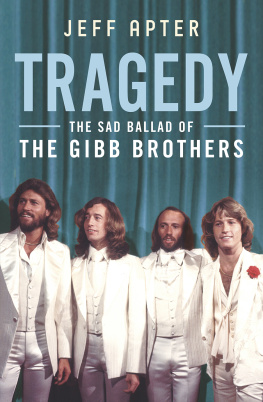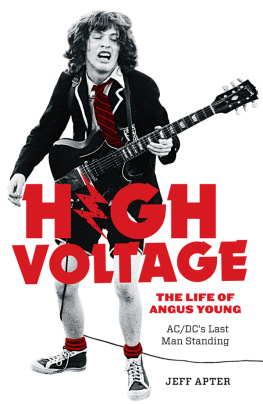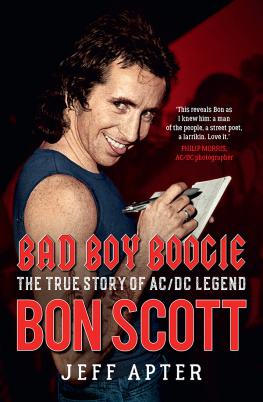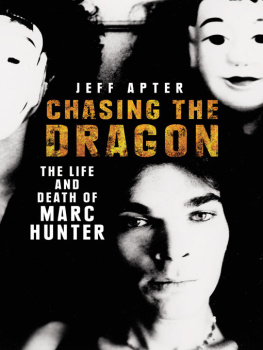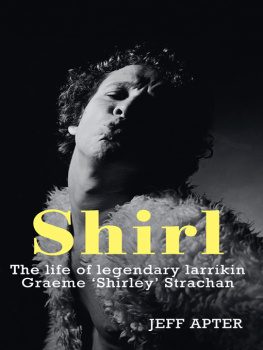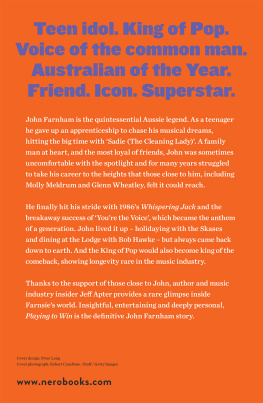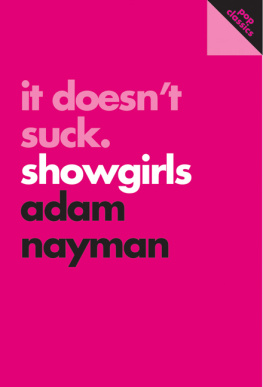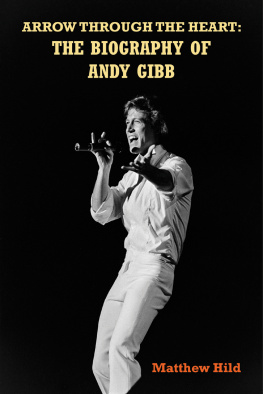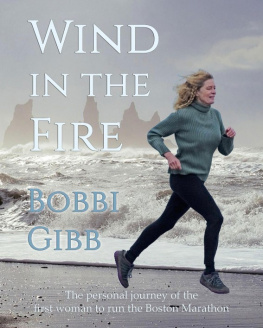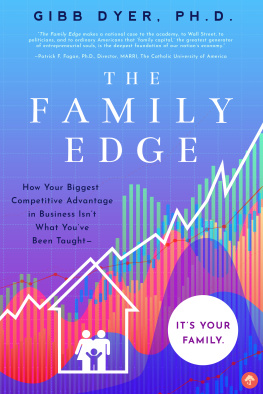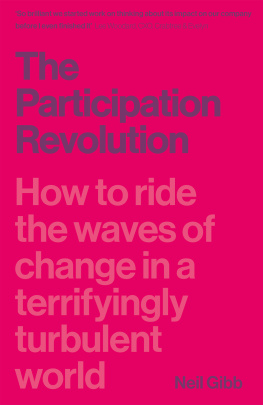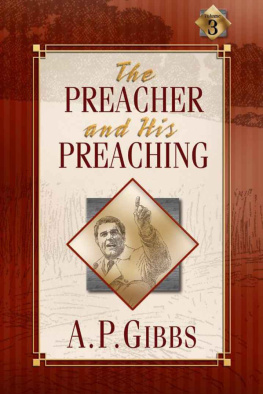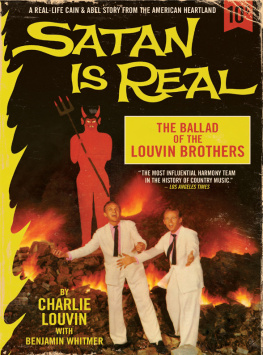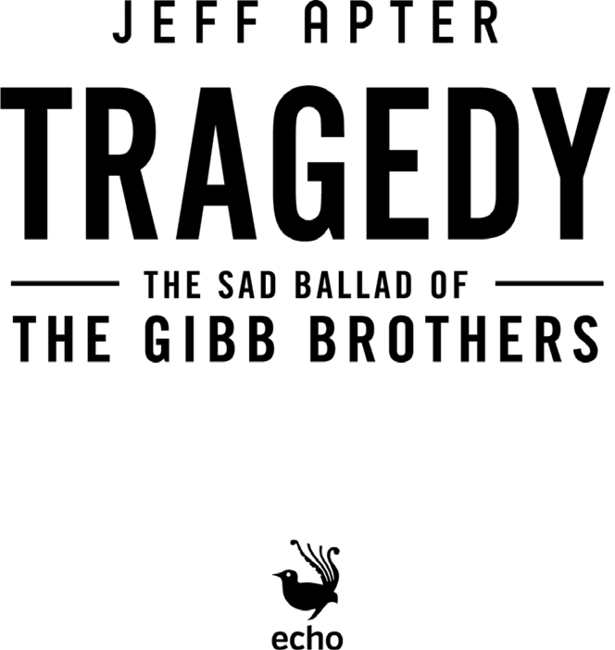For my mother Jean, a constant source of support and inspiration
Act 1
Beginnings
Prologue
Her name was Susan. At least I think it was Susan this was, after all, 1977, way, way in the past. I was 16, a western Sydney kid in the standard uniform of Miller western shirt and desert boots. Grey Levis. Straggly hair. I had just one claim to cool an expanding collection of Bob Dylan albums. Apart from that, you could safely file me under typical suburban dag, lacking in style, worldliness and anything resembling a clue.
Living in the burbs back then was tough enough, but Susan Im sure it was Susan, the more I think about it decided, inadvertently, to complicate my teenage life. And it was all the fault of the Gibb brothers. Let me be perfectly clear: I was an old school Bee Gees fan. I had been raised on their classic 1960s hits and such later fare as Lonely Days and Mr Natural and I loved them all, equally. But lately, things had changed for the Bee Gees. And I was a bit uneasy with the shift.
I may have been a callow kid, but I did know one cold, hard fact: disco sucked. I had a T-shirt stating just that, which Id wear like a badge of honour to all the usual school dances and under-age gigs where, of course, disco music featured prominently. And why did disco suck? In my mind, it was probably as much to do with the look as the music what suburban kid wanted to risk strutting around in a body shirt, open to the waist, teamed with nut-crunching trousers, gold chains and platform shoes, risking physical harm and endless ridicule? We wore jeans. We wore boots. We played footy. We listened to rocknroll.
Disco sucked, OK?
Anyway, none of this mattered to Susan. We were currently at the getting familiar stage of our relationship. As these relationships would usually run their course after around a month, we must have been about a week in, the point where Id do anything, hopefully, to rid myself of my damned virginity. Well, nearly anything.
Susans birthday was a few days away.
What would you like? I asked her, as I fumbled with jean button and/or bra strap, perhaps both.
Well, you know, she said, sitting up, Id really like a copy of the Saturday Night Fever album.
Shit. Really?
I stopped doing what I was attempting to do. Of all the albums, all the freaking soundtracks, why this one? Not Neil Young or Bob Dylan or Lou Reed or Bowie no, no, no not even the Angels or Dragon, bands I could have coped with. Nope. My object of desire wanted a disco record. And not any disco record; this was the biggest disco statement this side of John Travolta. Bigger than his flares. Bigger than a mirror ball. Huge. Unavoidable. Everywhere. But not anywhere near me, thanks all the same.
So what to do? My mind started ticking over. If I didnt cough up the cash (which, fortunately, was one problem I didnt have because I had a job), I had no hope of closing the deal with my girlfriend du jour . But if I did buy the record or, worse still, was spotted by anyone in the act of buying the record the ridicule would be long, painful and endless. Soul destroying public humiliation. A disco record? What was I, a traitor to rocknroll?
All this hung heavily on my mind as I loitered like a stalker outside my local record store. To buy or not to buy? She did seem awfully enthusiastic about the record, I thought, and who knows what kind of carnal mayhem buying it might bring on.
Suddenly, a brainwave.
Twenty minutes later, after doing several laps of the store, pausing a few times at the soundtrack section before finally making my move, I walked back into the sunshine. The two black vinyl platters that comprised the Saturday Night Fever soundtrack were tucked under my arm. Inside a brown paper bag. Perfect.
What did I know at 16? Not much, as it turned out. For one thing, buying the record didnt get me laid. For another, the music on the album, especially the dazzling collection of Bee Gees songs, either crooned by the group or written for others Jive Talkin, You Should Be Dancing and the rest of them were as good as any songs created in an era that doesnt get its just musical dues. (I blame the body shirts and the perms; that shit hasnt aged very well.) But the Bee Gees songs were amazing, and they also marked a stunning career turnaround for the three singing siblings.
In the early 1970s, before Saturday Night Fever , the Gibbs were as good as done, just another bunch of faded, jaded former pop stars, playing any gigs that came their way and cutting good records that were universally ignored. Yet by the mid-to-late 1970s they were kings of the world for the second time, having already risen to the top with some exquisite pop in the 1960s. Who else could say that? To make it to the top once was almost beyond belief but twice? Not a chance.
Fast forward 30-odd years and my two kids are watching the animated flick Despicable Me . Towards the end of a movie that provided me with as many laughs as my kids, theres a scene where villain-turned-nice-guy Gru is invited onto the dance floor to bust a move. He shakes his head: No, not me. His minions and others insist, but he resists, just as I did time and time again during my uncomfortable teens. So what song is it that eventually pulls Gru onto the floor and unleashes his inner Travolta? The Bee Gees You Should Be Dancing, of course. And whose music do you think my kids insist on adding to their iPods, even before the final credits roll? Come on, who do you think?
Flares and body shirts have aged badly, but great music never dies.
Chapter One
Hugh Gibb wasnt destined to be a pop star. For one thing, he was born out of time and place, in working-class Manchester, England, on 15 January 1916, the third child of seven born to Hugh and Edith Gibb (nee Yardley). The stars of Hughs younger years were Americans Glenn Miller and Jimmy Dorsey, big band leaders, grown-up entertainers. And crooner Frank Sinatra, of course, who was about as close to a pop star at least in terms of teen appeal as the era produced. Hugh, however, had music in his blood but was too humble a character to hog the spotlight, unlike the four sons he would father.
The mild-mannered Hugh Gibb was a misfit, the family oddball who wasnt especially interested in pursuing a regular, responsible job, despite the urging of the rest of his clan. All Hugh ever wanted to do was to play the drums, while his siblings took sensible jobs: older brother William was an engineering clerk; sister Hilda, eight years older than Hugh, worked as a typist.
While Hitlers war machine was goose-stepping all over Europe, the Hughie Gibb Orchestra, with Hugh keeping the beat, made a reasonable living playing the Mecca ballroom circuit in the north of England. Sometimes theyd cross the border into Scotland, where Hughs father (also named Hugh) had been born in 1892.
Hughs role as an entertainer excluded him from active service, although he did voluntary work in Metros Gun Shop, a supplier of searchlights for the war effort. And as his son Maurice would say, Hugh did the soundtrack to World War II in various ballrooms and theatres. As far as his audience (and the government) was concerned, Hugh and the orchestra were providing an essential service, a necessary escape from the sense of doom that lingered like a big black cloud over the UK in the early years of World War II. Every night, the audience, heavy with servicemen and women, danced and flirted and cut loose as if it was their last night on earth, which was a horrible possibility. Still, Hughs family lived in hope that one day he might get smart and find a proper job, punch the clock. Musicians were one step up from vagabonds and gypsies in the eyes of the steady-as-you-go Gibbs.

